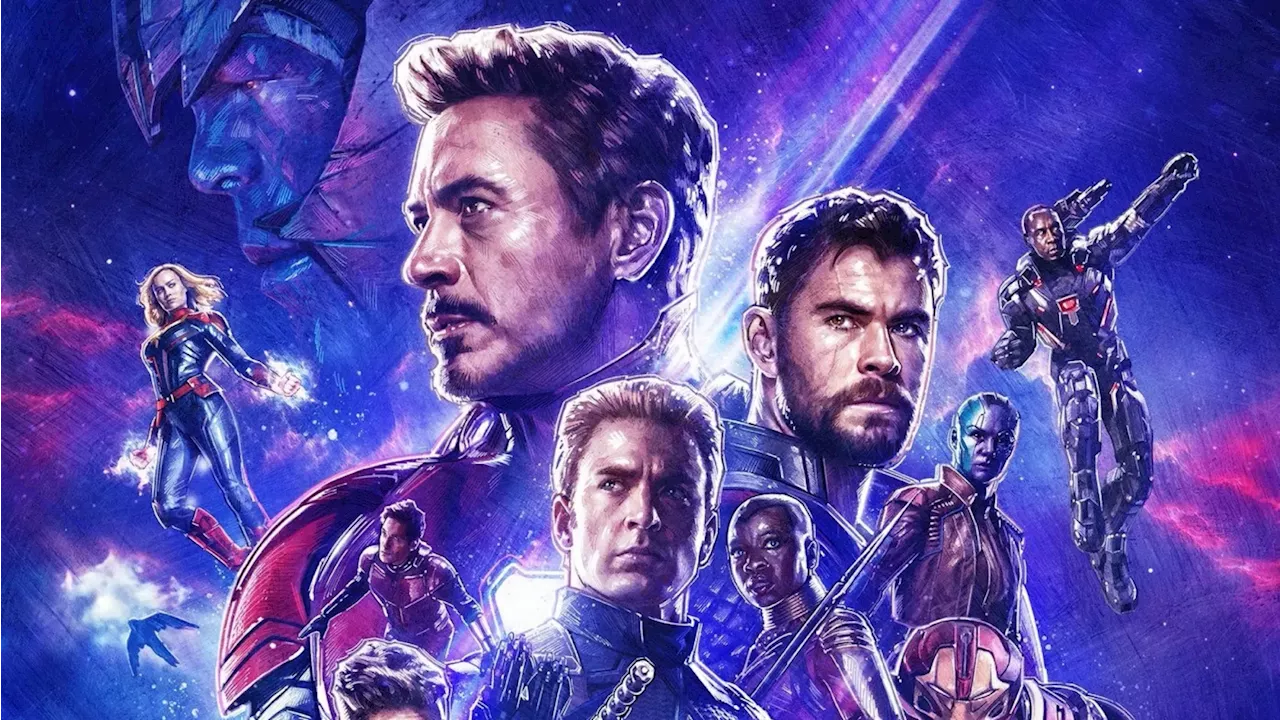Science
Examining Time Travel in Avengers: Endgame: Flaws and Contradictions

The time travel mechanics in Avengers: Endgame have sparked extensive debate, revealing inconsistencies within the established rules of the Marvel Cinematic Universe (MCU). Despite the film’s success as a thrilling conclusion to a major saga, critics point out significant flaws in its portrayal of time travel, which detracts from its overall narrative coherence.
In Avengers: Endgame, the story revolves around the beloved heroes’ desperate attempt to undo the catastrophic effects of Thanos’ Snap, which erased half of all life in the universe. Utilizing the Quantum Realm, the characters embark on a journey back to pivotal moments in the past to retrieve the Infinity Stones and restore balance. While the film delivers high-stakes action and emotional weight, its approach to time travel raises critical questions.
The premise suggests that actions taken in the past do not alter the future for the time traveler. This idea creates a paradox when the heroes interact with past events, as they are already predetermined parts of their timeline. The Ancient One, a character introduced in Doctor Strange, asserts that removing an Infinity Stone from its timeline can fracture reality, necessitating its return to the exact moment and place from which it was taken. Yet, this principle clashes with the film’s narrative when Loki steals the Tesseract in 2012, resulting in a new timeline that diverges from the one the heroes intend to preserve.
The film presents the notion that returning the Stones is crucial to maintaining the timeline. However, the introduction of a time-traveling Thanos from 2014 complicates the situation. After his defeat in the present day, he remains permanently removed from his original timeline, suggesting that his actions have irrevocably altered the course of events. This contradiction raises questions about the implications of time travel as depicted in the MCU.
The introduction of the series Loki further complicates matters surrounding time travel in the MCU. The show features a concept known as “time-slipping,” where Loki experiences shifts between different timelines that actively alter the present. This directly contradicts the established rule from Endgame that interactions with the past do not impact the future. The Time Variance Authority (TVA) in Loki operates under different rules, suggesting a more complex framework for time travel that the films have yet to clarify.
As Marvel Studios continues to expand its multiverse narrative, the lack of clear rules surrounding time travel raises concerns about consistency. The introduction of new concepts without adequate explanation risks alienating audiences who seek a coherent understanding of the franchise’s timeline. The complexities in Avengers: Endgame and its subsequent explorations in Loki highlight the challenges in maintaining narrative integrity in a rapidly expanding universe.
While Avengers: Endgame remains a landmark achievement in cinematic storytelling, the film’s treatment of time travel invites scrutiny. As the Marvel Cinematic Universe evolves, fans and critics alike will be watching closely to see how these time-related inconsistencies are addressed in future projects. The journey through time may be thrilling, but it is essential for filmmakers to establish a consistent framework to guide their narratives and satisfy audience expectations.
-

 Science3 weeks ago
Science3 weeks agoInventor Achieves Breakthrough with 2 Billion FPS Laser Video
-

 Health4 weeks ago
Health4 weeks agoCommunity Unites for 7th Annual Into the Light Walk for Mental Health
-

 Top Stories4 weeks ago
Top Stories4 weeks agoCharlie Sheen’s New Romance: ‘Glowing’ with Younger Partner
-

 Entertainment4 weeks ago
Entertainment4 weeks agoDua Lipa Aces GCSE Spanish, Sparks Super Bowl Buzz with Fans
-

 Business4 weeks ago
Business4 weeks agoTyler Technologies Set to Reveal Q3 Earnings on October 22
-

 Entertainment4 weeks ago
Entertainment4 weeks agoMother Fights to Reunite with Children After Kidnapping in New Drama
-

 World4 weeks ago
World4 weeks agoR&B Icon D’Angelo Dies at 51, Leaving Lasting Legacy
-

 Health4 weeks ago
Health4 weeks agoCurium Group, PeptiDream, and PDRadiopharma Launch Key Cancer Trial
-

 Entertainment4 weeks ago
Entertainment4 weeks agoRed Sox’s Bregman to Become Free Agent; Tigers Commit to Skubal
-

 Top Stories3 weeks ago
Top Stories3 weeks agoFormer Mozilla CMO Launches AI-Driven Cannabis Cocktail Brand Fast
-

 Science4 weeks ago
Science4 weeks agoNorth Carolina’s Biotech Boom: Billions Invested in Manufacturing
-

 Health4 weeks ago
Health4 weeks agoNorth Carolina’s Biotech Boom: Billions in New Investments









